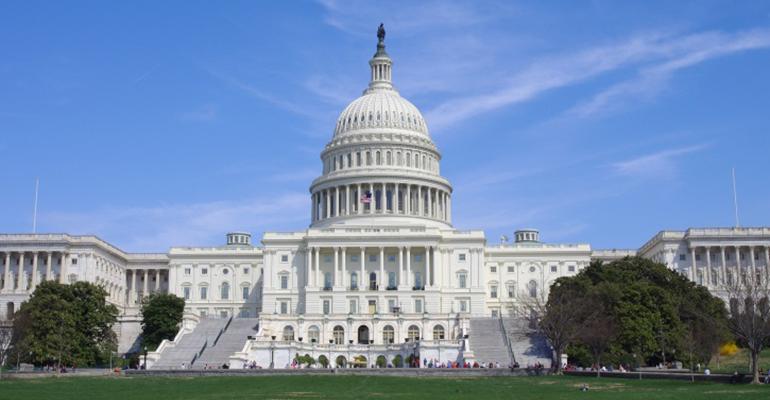Source: New Hope, December 2018
Although the Congressional committee reconciling competing U.S. Senate and House versions of the Farm Bill are tight-lipped about the exact language that’s been agreed upon, it sounds like the bill, now expected to be signed next week, will legalize industrial hemp.
That spells good news for purveyors of hemp-derived CBD.
Senate Majority Leader Mitch McConnell (R-KY), who made sure he sat on the Congressional reconciliation committee, tweeted that CBD will continue its extraordinary trajectory.
“Thanks for your hard work, @SenPatRoberts,” tweeted McConnell, “for our farmers, rural communities and all Americans. Pleased that my provision to legalize industrial hemp is included in the Farm Bill.”
This was confirmed by two other reconciliation committee members, Rep. Mike Conaway (R-TX), Rep. Collin Peterson (D-MN), according to a Bloomberg Government reporter, also on Twitter.
The hemp provision reportedly will remove hemp from the federal list of controlled substances, and hemp farmers will be able to apply for crop insurance. Hemp must contain less than 0.3 percent THC. The bill would push hemp regulations both to the U.S. Department of Agriculture and not the Department of Justice as well as to individual states to decide whether or not they want to go forward with commercializing hemp and hemp products including CBD. States can either develop their own plans or just abide by federal regulations that are to be developed by the USDA.
Farmers in the U.S. have planted more than 77,000 acres in 2018, according to Vote Hemp, about three times the amount grown in 2017.
The farm bill removes CBD from the Controlled Substances Act, thereby removing the DEA from enforcing – mistakenly or not – CBD products. However, the farm bill does not change requirements of the Federal Food, Drug, and Cosmetic Act, which means CBD is still subject to FDA regulations. Keeping the FDA involved – outside of its role as regulator of dietary supplements – still maintains an element of risk to CBD businesses.
The FDA has proclaimed in an online Q&A that it does not believe CBD qualifies as a definition of a dietary ingredient and thus is illegal for use in supplements. That’s because a CBD isolate was approved as a pharmaceutical drug, making CBD isolates illegal as dietary supplements. Thus far, however, all the agency has done is gone after a few dozen companies making illegitimate disease claims—the type that trips up other mainstream supplement companies as well. And the conventional wisdom is that full-spectrum, industrial hemp-derived oil containing CBD is not an isolate and thus should be legal in any event.
The farm bill was expected to be signed this week, but Congressional action was put on hold because of the death of President George H.W. Bush and the pomp and circumstance that has surrounded his body lying in state in the nation’s capital this week.
That leaves Congress only two weeks to continue its lame-duck business before adjourning on Friday, Dec. 21. Congress is expected to conclude the farm bill proceedings next week.
Stay tuned for our industry coverage and commentary next week of the ramifications of passage of the industrial hemp provisions, in particular on the booming hemp-derived CBD market.

